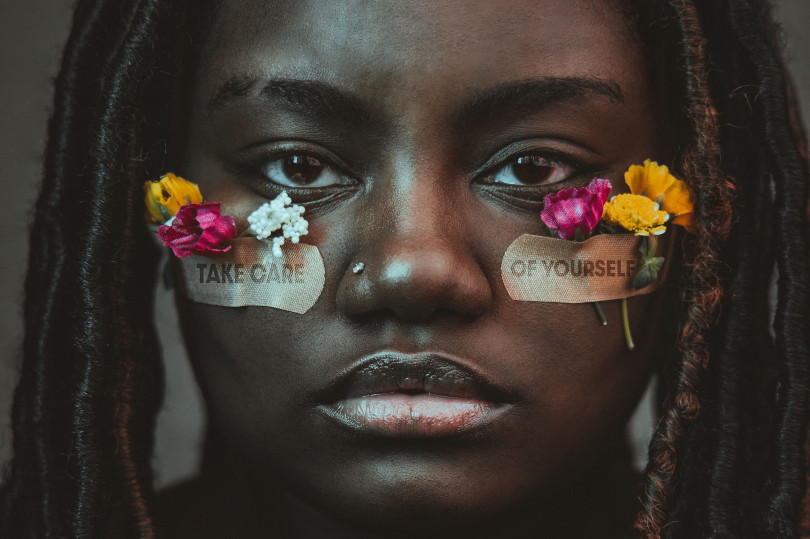Photo by Tasha Jolley on Unsplash
The past three years have been tremendously difficult for the average American student. Through the pandemic, many lost family members, their jobs, and their homes and developed mental and physical disorders. The Supreme Court shut down affirmative action, and student loans are not forgiven. With a lot going on in the world, how does the average student take care of themselves during these troubling times? I surveyed my fellow peers and family and asked how they perform “self-care” during their time as a student in honor of International Self-Care Day on July 24th.
What Is Self Care?
Medical professionals coined the term “self care” to encourage their patients to take care of themselves to stay healthy outside of the doctor’s office. The World Health Organization described self-care as:
“…what people do for themselves to establish and maintain health, and to prevent and deal with illness. It is a broad concept encompassing hygiene (general and personal), nutrition (type and quality of food eaten), lifestyle (sporting activities, leisure etc.), environmental factors (living conditions, social habits, etc.), socio-economic factors (income level, cultural beliefs, etc.) and self-medication.”
As time passed, self-care was used amongst medical professionals to remind them to take it easy during their high-tasking jobs. Now, it’s a staple in every working person’s life to prevent poor physical and mental health.
International Self Care Day Established
The International Self-Care Foundation (ISCF) established International Self-Care Day in 2011. ISCF is a nonprofit organization based in the United Kingdom. According to their website, their mission as an organization is to “work with all stakeholders in health, to support countries, communities, and individuals in the adoption of evidence-based self-care practices.”
Mental Health Crisis In College Campuses
According to a survey conducted by Healthy Minds Survey, 44% of college students experienced symptoms of depression. About 37% experienced forms of anxiety, and 15% of students have thought about suicide. These are record-breaking numbers. Additionally, college campuses can only do so much for their students with the limited amount of counselors they have available. The average ratio of counselors and students are 1:1000 – 2000 for small to moderate size schools and 1:2000 – 3500 for large universities.
What Does Self-Care Look Like to the Average Student?
There are many forms of self-care. To some people, self-care is shopping at the mall, talking to a therapist, or exercising. I asked my peers and family how they took care of themselves during their school year.
“I love making myself my favorite food, curling up in my bed, and turning on my favorite shows!” – Mahlet, Towson University ’24
“Self-care things I used to do (and still do) are lighting a scented candle, listening to music, journaling/doodling, and using an eye pillow spritzed with lavender before bed.” – Nia, Bowie State University ’22
“Ideally, self-care to me would be listening to music, journaling in my notebook, hanging out with friends, or even cooking a really good new meal.” – Joetta Lloyd, Spelman College ’20
“My self-care was taking naps.” – Jasmine Lloyd ’19
Self-Care Saves Students
I practice self-care in a lot of ways during the semester. For example, going outside and walking around campus in the morning to calm my morning anxiety. Additionally, watching reality TV while doing my makeup helps. When students take time for their mental health, they will see significant growth in their academic careers. They will not only be healthy students but healthy adults. Students should always take time to put aside the books and relax and enjoy being an independent adult.


